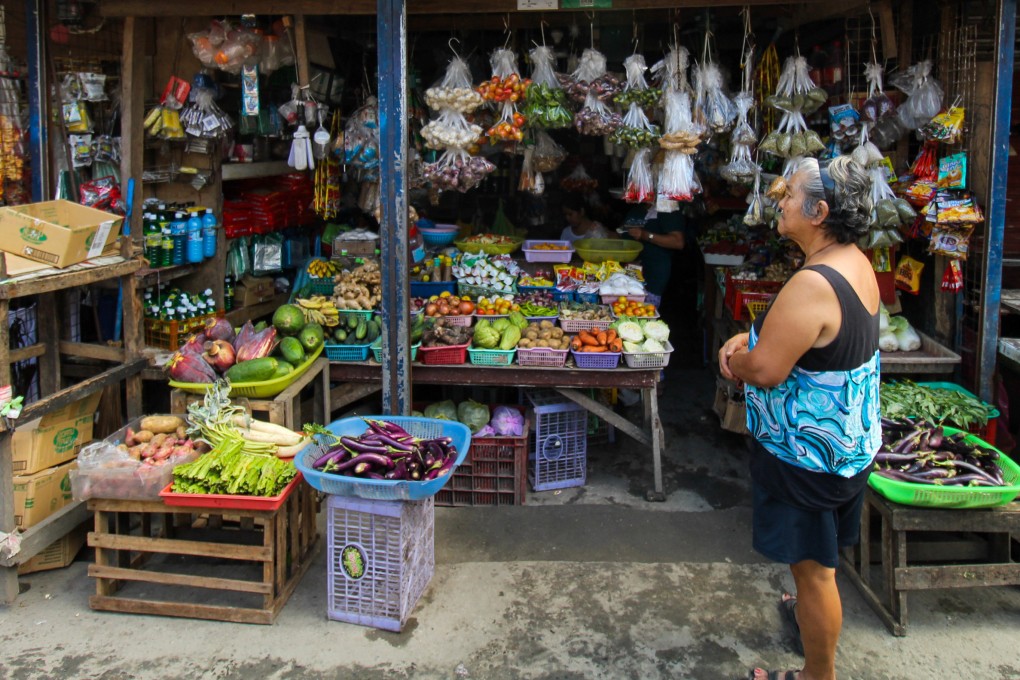Philippine officials criticised for allowing ‘shrinkflation’ as consumers struggle
- The Department of Trade and Industry recently approved requests by manufacturers to reduce the size of products while keeping retail prices the same
- Critics say the move is short-sighted and that the ‘illusion’ of price stability will not last as rising costs hurt families

Philippine trade officials have come under fire for allowing manufacturers to practice “shrinkflation”, a decision critics slammed as providing an illusion of cost stability while leaving low-income families worse off.
The Department of Trade and Industry (DTI) last week approved requests by some manufacturers to reduce the size of household products and other items while keeping retail prices the same. The act, known as shrinkflation, has previously been rolled out to avoid price hikes which could turn consumers away.
DTI Associate Secretary Attorney Amanda Marie Nograles acknowledged on state television that the decision effectively amounted to “a price increase, as the consumer receives less while paying the same amount”.

Congresswoman Arlene Brosas panned the DTI’s decision as one that protected commercial interests instead of struggling Filipinos. “In the end, consumers are the victims because they are deprived of quality and affordable goods,” she said.
Manufacturers and shopping outlets are set to follow a range of suggested retail prices released in a DTI bulletin last week, that listed price adjustments or decreased product sizes for nine coffee and salt items.
More businesses are expected to tweak their prices in the coming months when the DTI announces its guidelines on changes in product packaging.
Under Philippine law, profiteering occurs when a commodity carries a “price grossly in excess of its true worth”, specifically when it has been raised by more than 10 per cent from the preceding month.